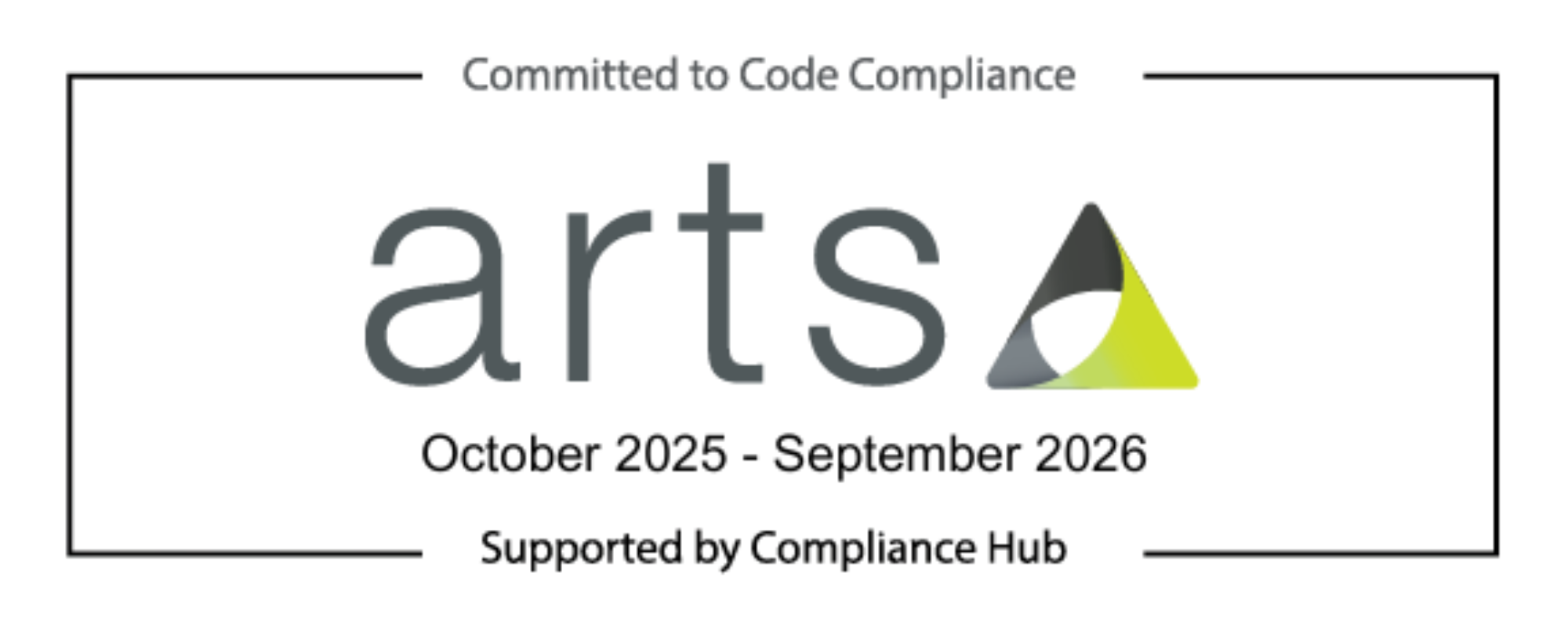Navigating the post-Brexit health landscape: challenges and recommendations from the Nuffield Trust report
Following their 2022 analysis of the health landscape post-Brexit, the latest Nuffield Trust report (published on 18 April 2024) delves deeper into the trends affecting health supply chains, migration, and the healthcare workforce in the UK. Supported by the Health Foundation, this report aims to shed light on the complexities and offer viable solutions, including what the prospects are for enhanced cooperation with the EU and its institutions to improve health in the UK.
Medication shortages
As we highlighted in our March newsletter, the NHS has been grappling with persistent shortages of essential medicines over the past two years, exacerbating challenges for pharmacists and impacting patient care. This trend, which intensified in 2023, has forced the NHS in England to absorb significant cost increases, totaling £220 million annually due to supply chain disruptions.
While global medicine market issues contribute to shortages, Brexit-induced currency devaluation and disentanglement from EU supply chains make the situation more challenging. The UK's exclusion from EU initiatives for coordinated medicine procurement and manufacturing relocation would add another layer to the challenge.
Workforce
Post-Brexit, the UK has increasingly relied on migration from outside the EU to fill healthcare staffing gaps. However, changes in migration policies, such as ending rights for dependents, have introduced unpredictability into staffing availability, jeopardising stability.
Notably, healthcare migration heavily depends on countries classified under the World Health Organisation's 'red list,' with a 30% surge in NHS staff from these nations within a year.
Regulation
Great Britain's divergence from EU regulatory frameworks poses challenges, especially in life sciences and medicine regulation. Divergence risks market fragmentation, notably affecting Northern Ireland's alignment with EU rules on medical devices and UK rules on artificial intelligence.
Despite initial divergence efforts, the UK is realigning with EU practices, albeit with added complexities, leading to the UK lagging behind the EU on medicine authorisations. For example, from December 2022 to December 2023, just four drugs authorised by the European Commission had been approved faster in Great Britain than in the EU, while 56 had been approved later in Great Britain, and 8 had not been approved at all in Great Britain as of March 2024.
Recommendations
Key recommendations underscore the need for proactive measures within the UK, including improved anticipation of medicine shortages, transparency in reporting, and long-term workforce planning to mitigate dependency on international recruitment.
Collaborative efforts between the UK and EU could enhance healthcare security, focusing on mutual recognition of testing and streamlined clinical trials. However, renegotiation may not eliminate all Brexit-induced frictions.
Domestic strategies to bolster healthcare workforce sustainability and enhance the UK's life sciences sector attractiveness are essential, alongside acknowledging the benefits of alignment with EU standards.
In conclusion, navigating the post-Brexit health landscape demands a multifaceted approach, combining domestic reforms with collaborative initiatives to mitigate challenges and capitalise on opportunities for improved healthcare delivery and resilience.
Full report:
https://www.nuffieldtrust.org.uk/research/the-future-for-health-after-brexit


 London
London


